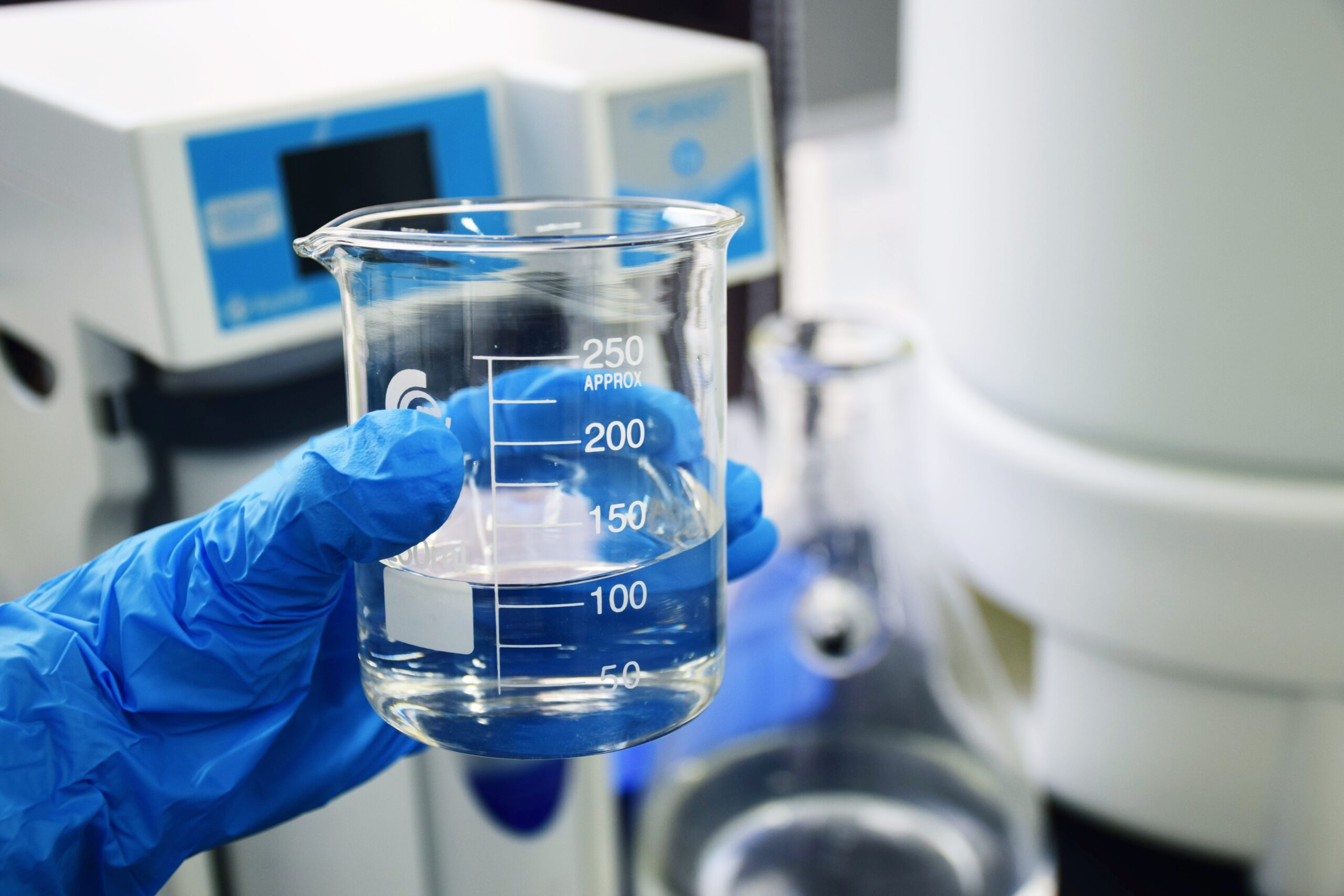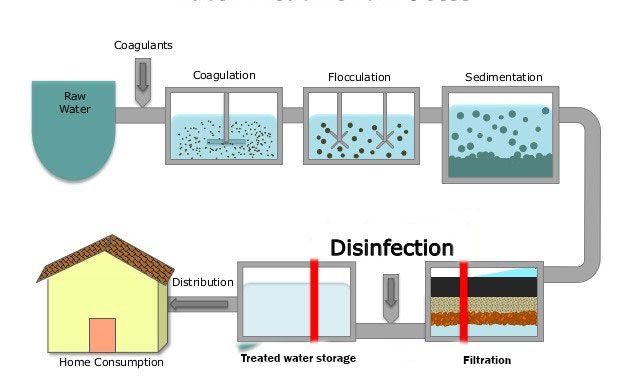Exactly How a Water Purification System Improves Water Taste and Clarity
Exactly How a Water Purification System Improves Water Taste and Clarity
Blog Article
Why a Water Filtration System Is Vital for Clean, Safe Water
Access to tidy, secure water is a fundamental human right and a keystone of public health and wellness. However, the existence of hazardous contaminants such as pathogens, hefty steels, and chemical pollutants in our water supply increases serious worries about health and wellness and wellness. A water purification system stands as a vital solution to alleviate these threats, making sure that neighborhoods and people can access risk-free drinking water. Comprehending the ins and outs of these systems and their different techniques is vital, especially as we take into consideration the implications for health and wellness outcomes and ecological sustainability in our day-to-day lives.
Relevance of Clean Water
Accessibility to tidy water is a basic need for human health and wellness and well-being. It is essential for sustaining life, supporting health, and maintaining overall public health. Water Purification System. The availability of safe drinking water significantly lowers the threat of waterborne diseases, which position a substantial hazard to areas worldwide. Contaminated water can bring about significant health problems, including gastrointestinal illnesses, cholera, and dysentery, particularly in at risk populaces such as children and the elderly.
Furthermore, tidy water is vital for cleanliness and hygiene methods, which are important in avoiding the spread of contagious illness. Ample water sustains proper cleanliness facilities, advertising a much healthier environment. Additionally, access to secure water influences socioeconomic factors, as it makes it possible for neighborhoods to engage in farming and commercial tasks, inevitably adding to economic growth.
In numerous regions, the absence of tidy water exacerbates hardship and inequality, further hindering progress towards lasting development goals. Ensuring access to clean water is not just a public health and wellness essential but likewise a cornerstone for social equity and financial development. Efforts to improve water quality and facilities have far-ranging advantages, promoting much healthier areas and enhancing top quality of life.

Usual Pollutants in Water
Guaranteeing the availability of clean water is threatened by different impurities that can endanger its safety and security and top quality. The existence of microorganisms, such as bacteria, viruses, and bloodsuckers, poses considerable health and wellness dangers, specifically in areas lacking appropriate cleanliness. These microorganisms can result in waterborne conditions, leading to serious ailment or perhaps fatality.
Chemical pollutants additionally offer an essential concern. Hefty steels, including mercury, arsenic, and lead, usually go into water supplies with industrial discharges or corroded plumbing. These materials can collect in the body over time, leading to long-lasting wellness concerns such as neurological damages and developmental disorders.
In addition, agricultural drainage introduces pesticides and fertilizers into water systems, which can disrupt communities and negatively influence human wellness. Nitrates, typically found in plant foods, can trigger major problems like methemoglobinemia, specifically in infants.
Benefits of Water Purification Equipments
Acknowledging the vital need for secure alcohol consumption water, water filtration systems offer a myriad of advantages that improve public wellness and environmental sustainability. Largely, these systems efficiently remove damaging contaminants, including bacteria, infections, hefty steels, and chemicals, making certain that the water eaten is without microorganisms and pollutants. This reduction in pollutants dramatically lowers the danger of waterborne conditions, advertising general community health and wellness.
In enhancement to health and wellness advantages, water filtration systems add to ecological sustainability by decreasing dependence on mineral water, which visit here commonly creates extreme plastic waste. By using a purification system, families can decrease their carbon impact and add to a more sustainable environment. Furthermore, these systems can enhance the taste and odor of water, making it much more palatable for everyday consumption.

Different Sorts Of Purification Methods

One typical technique is reverse osmosis, which uses a semi-permeable membrane layer to different water from dissolved solids and contaminants. This process efficiently lowers contaminations, consisting of hefty metals and chemicals. Another widely made use of method is ultraviolet (UV) disinfection, which employs UV light to neutralize viruses and bacteria, making them harmless without using chemicals.
Triggered carbon filtration is an additional preferred approach, utilizing carbon to adsorb organic compounds, chlorine, and unpleasant odors, boosting preference and smell top quality. Purification, a process that includes boiling water and condensing the vapor, properly eliminates minerals and pollutants yet may call for even more power compared to other techniques.
Ion exchange is usually used to soften water by replacing calcium and magnesium ions with salt or potassium ions. Each approach has its restrictions and benefits, making it essential to comprehend their functionalities and effectiveness in addressing certain water high quality concerns - Water Purification System. Eventually, look at more info choosing the suitable purification approach is important for making sure tidy and secure alcohol consumption water
Choosing the Right System
Picking a suitable water filtration system needs cautious consideration of different factors, consisting of the particular impurities present in the water system, the volume of water needed, and the desired purification method. It is necessary to perform a water quality test to identify impurities such as germs, heavy steels, or chemical contaminants. This information will certainly lead you in picking a system that successfully targets those specific impurities.
Following, examine your household's everyday water usage to determine the system's capacity. Solutions are available in different sizes, from point-of-use filters for alcohol consumption water to whole-house devices that cleanse all water entering your home.
In addition, take into consideration the filtration method that finest fits your needs. Reverse osmosis is very reliable for eliminating a large variety of impurities, while UV purification is exceptional for eliminating microorganisms.
Final Thought
In conclusion, the go to my site execution of water filtration systems is critical for making certain access to clean and safe water. By understanding the value of tidy water and the advantages of numerous purification approaches, communities can make enlightened decisions to protect their wellness and promote socioeconomic security.
Recognizing the important requirement for secure drinking water, water purification systems provide a myriad of benefits that boost public wellness and environmental sustainability.In enhancement to wellness benefits, water purification systems add to ecological sustainability by minimizing reliance on bottled water, which commonly generates extreme plastic waste. Inevitably, the adoption of water purification systems is a positive step towards making sure clean, secure water for future generations while safeguarding public health and the environment.
Picking an ideal water purification system needs mindful consideration of different elements, consisting of the certain pollutants existing in the water supply, the quantity of water needed, and the preferred purification method.In final thought, the implementation of water filtration systems is vital for making certain access to secure and clean water.
Report this page